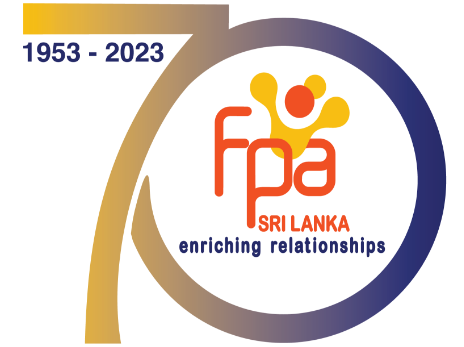FPA Sri Lanka Concludes Groundbreaking Menstrual Health Initiative with Period Proud Kite Fest on 28th May
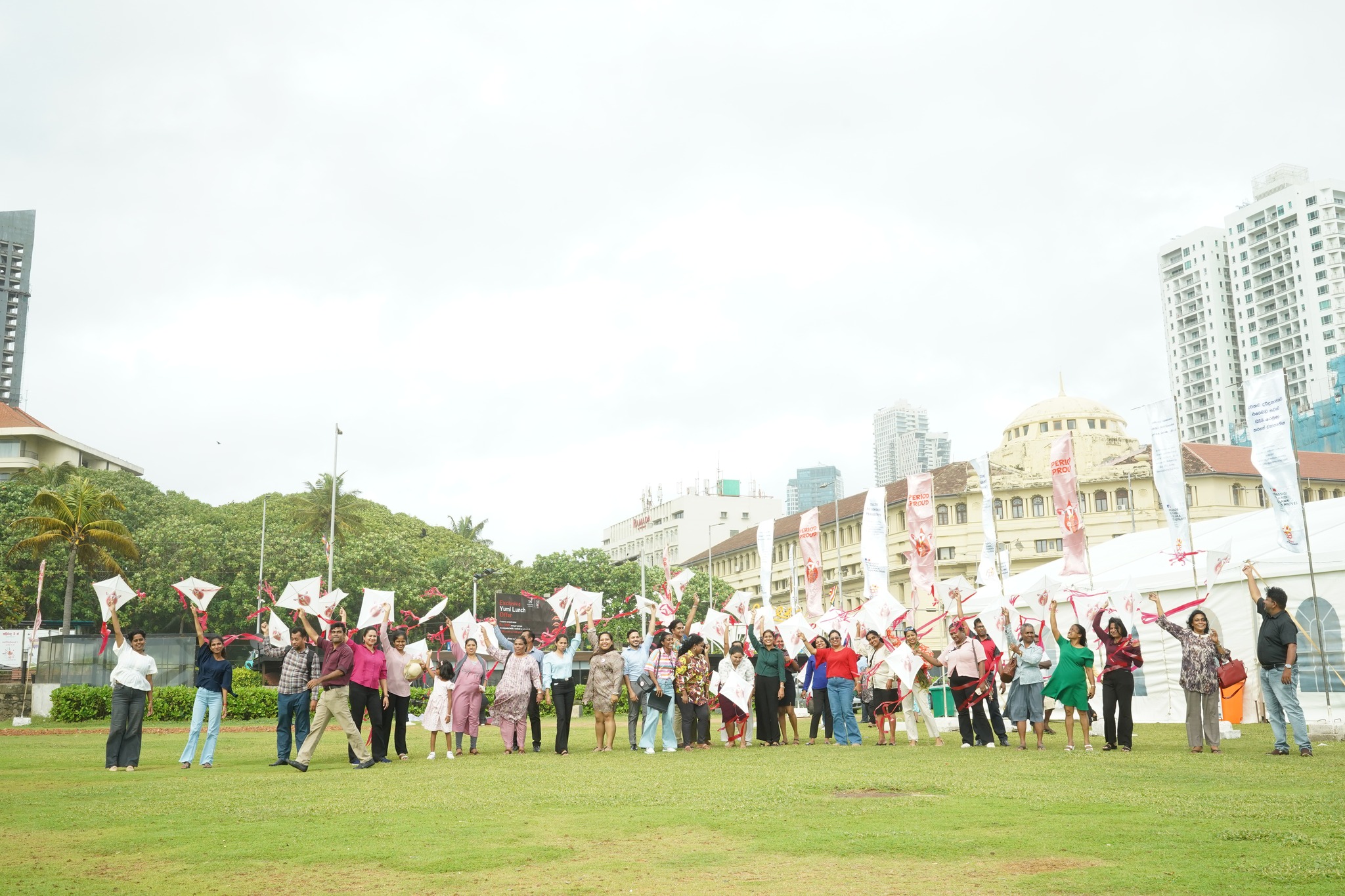
In commemoration of International Menstrual Hygiene Day, The Family Planning Association of Sri Lanka (FPA Sri Lanka), in collaboration with the Embassy of France in Sri Lanka and the Maldives, hosted the Period Proud Kite Fest today at Galle Face Green. This high-visibility public event marked the formal conclusion of the Collective Action Against Period Poverty (CAAPP) project, FPA Sri Lanka’s first initiative dedicated exclusively to addressing menstrual health and period poverty.
The Period Proud Kite Fest served as both a symbolic celebration and a public statement, drawing attention to the pressing need for continued dialogue, investment, and policy reform in the area of menstrual health and hygiene.
In her welcome address, Ms. Aruni Marcelline, President of the Board of Directors at FPA Sri Lanka, stated:
“FPA Sri Lanka remains steadfast in its commitment to advancing menstrual health and hygiene through multi-sectoral partnerships, public education, and policy advocacy. We will continue working towards a society free from menstrual stigma and discrimination.”
The event featured powerful cultural performances designed to challenge taboos and stimulate public awareness. Among them were:
- ‘Enge Ava’, a Tamil-language theatrical performance by the Semmugam Performing Group, portraying the social and emotional challenges associated with menstruation.
- ‘Noella – wela’, a puppet performance by Power of Play, which explored traditional narratives around menarche and the culture of silence.
Representing the French Embassy, Ms. Olivia Bellemere, Cultural and Cooperation Counselor, underscored the importance of international collaboration in addressing period poverty.
“From the very beginning, the CAAPP project was designed not only to provide solutions to menstrual precariousness, but to stand as an example of collaborative, locally-driven action. Its success, rooted in dignity, access, awareness, and education, is a testament to the dedication and creativity of all our partners.”
The event culminated in a kite-flying ceremony, each kite symbolizing the collective commitment to break menstrual stigma and elevate the rights and dignity of those who menstruate.
The CAAPP project, launched in 2023, was implemented across the Northern and Central Provinces through 13 partner organizations. It sought to improve access to menstrual products, promote accurate knowledge, influence national policy, and create supportive community environments.
As the kites ascended over Colombo, they carried with them the aspirations of a society that no longer views menstruation through the lens of shame, but one of dignity, equality, and inclusion.
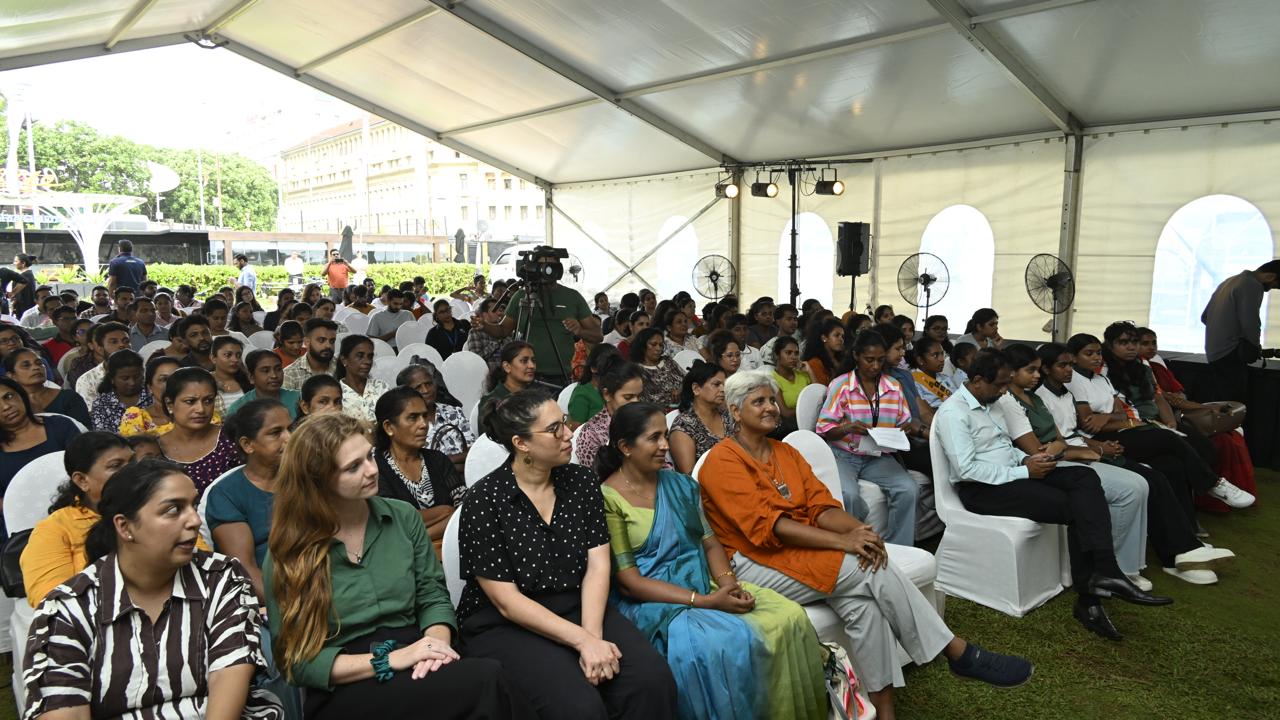
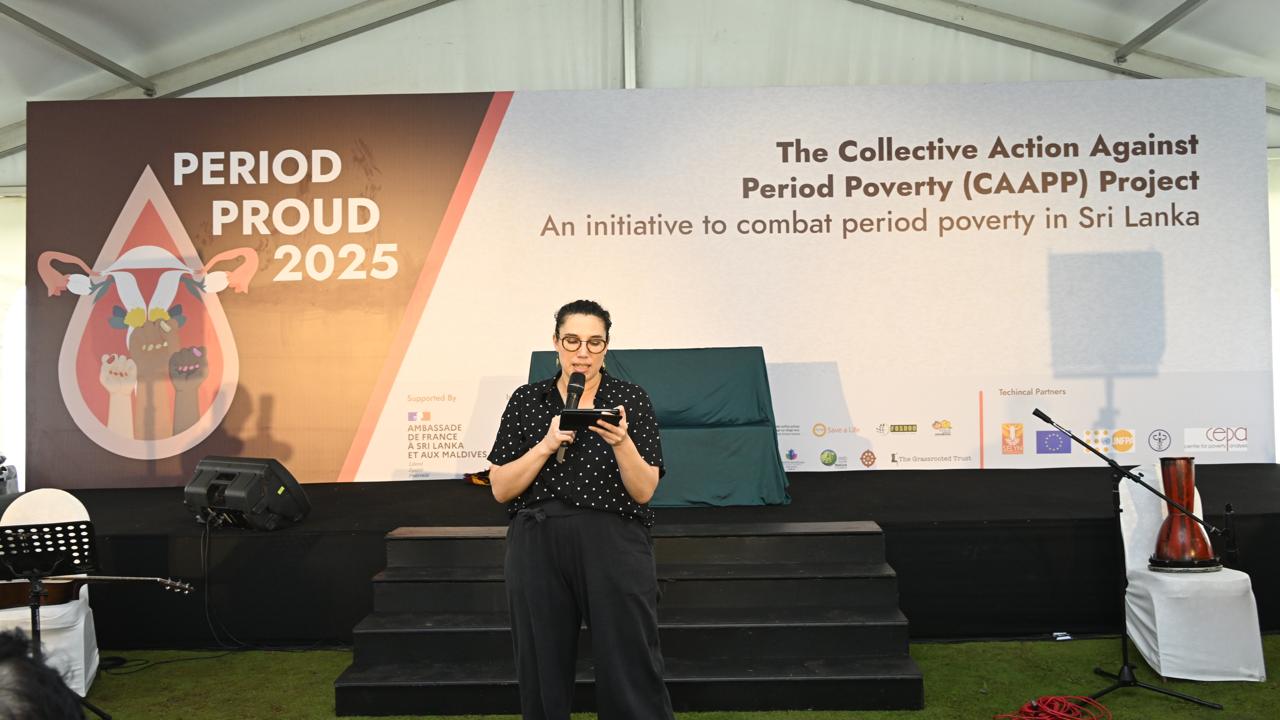
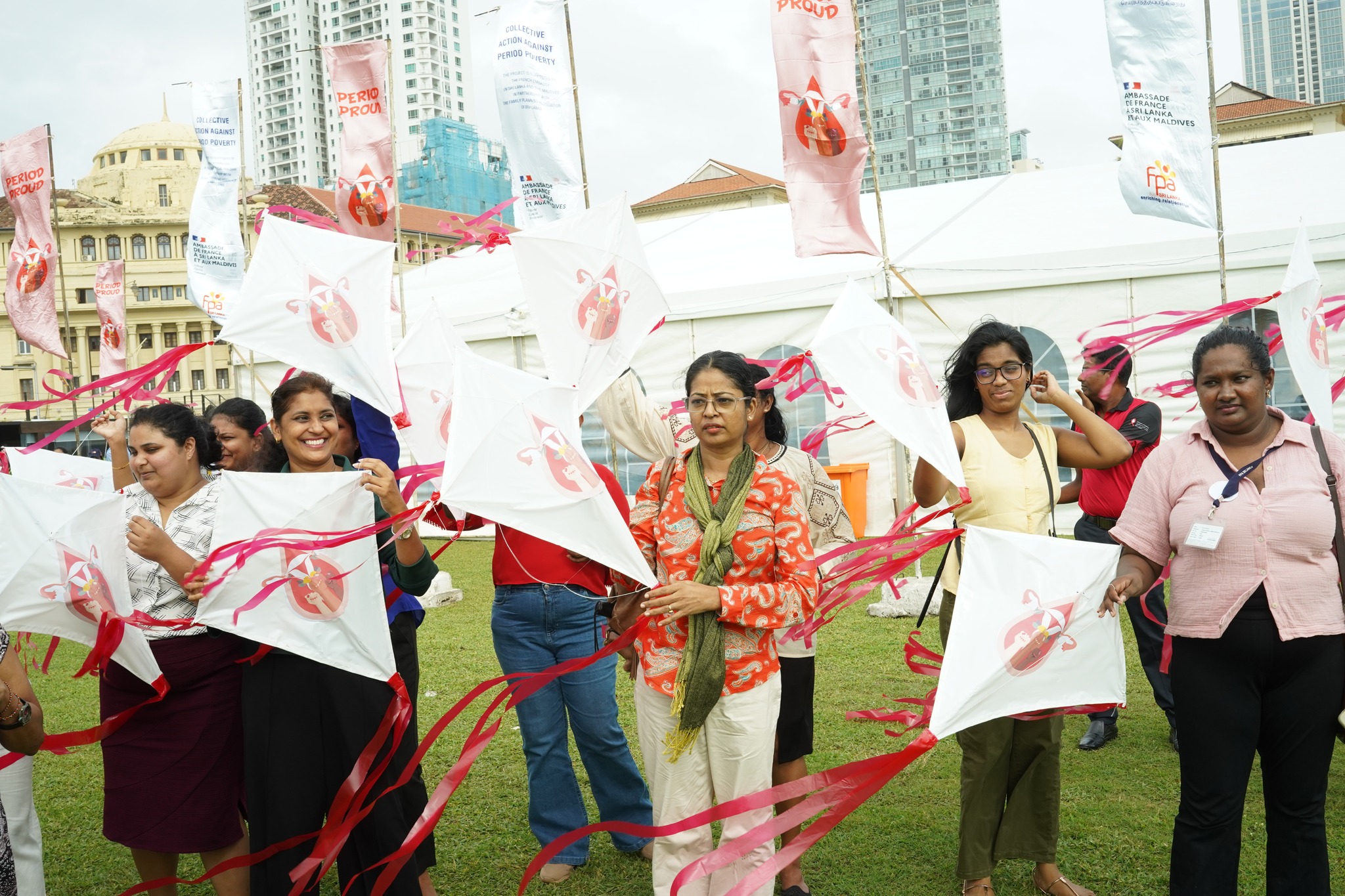
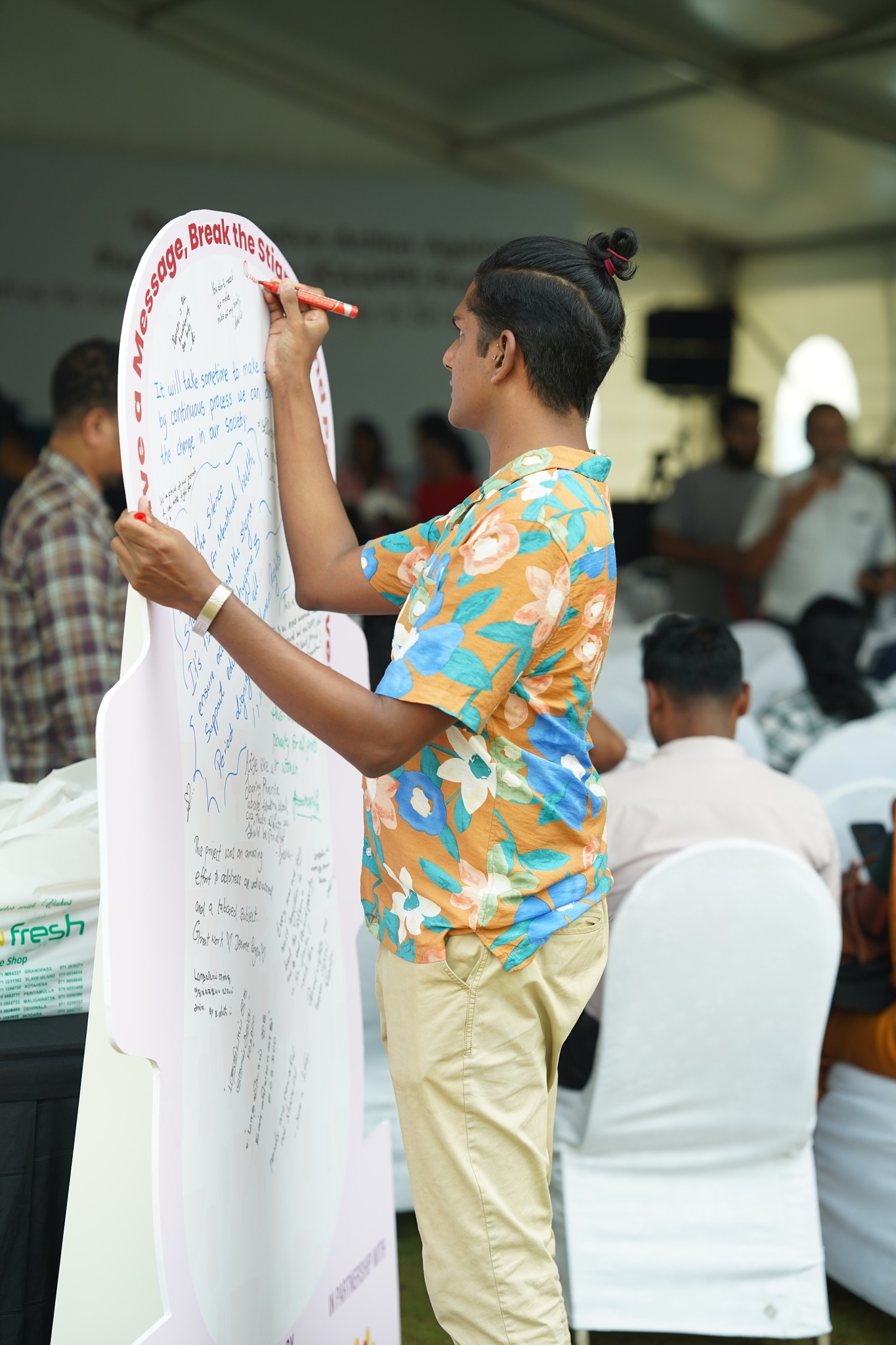
.png)
